Recalling Facebook's every move in the VR industry in recent years is a major news for the entire industry. This has attracted not only attention, but also more about the behavior and thinking of people in the industry. Recalling the past, Facebook was one of the earliest technology companies in the field of VR. As early as 2014, in the voice of doubts from countless people, it acquired the virtual reality vendor Oculus for $2 billion. Zuckerberg said at the time: We are making a long-term layout, immersive virtual reality and augmented reality will become part of people's daily lives. Unlike other IT giants who staking their positions in various hardware and software markets, Zuckerberg's ideas are more clear and focused. He wants to use VR to subvert the social way, but of course he did.
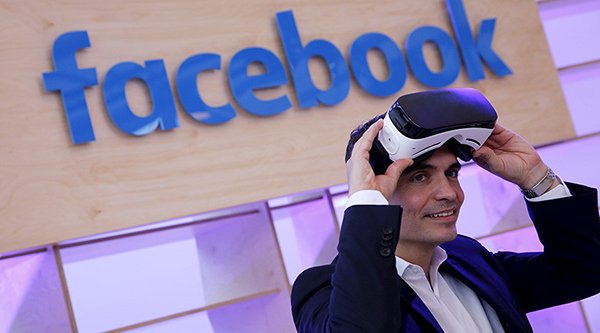
Facebook's acquisition of VR
Oculus
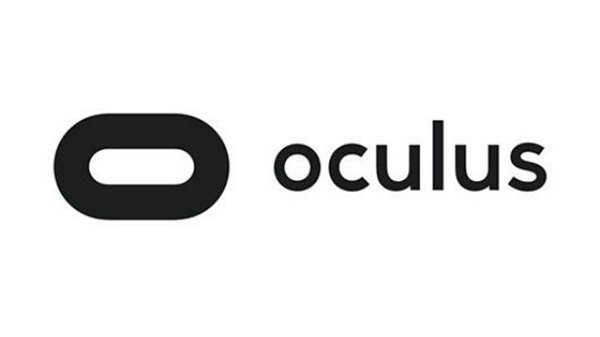
Today recalls three years ago Facebook's acquisition of Oculus in 2014. If this acquisition case is not reached, it will be a blessing for both parties. As a startup focused on PC VR games, Oculus did not seem to have a better alternative to Facebook at the time. Google has its own layout in VR/AR, Microsoft has its own Xbox in terms of games, and Apple has its own mature and closed ecosystem. At this time, Facebook, which focuses on the social field and the amount of users, is the gold master who can guarantee the independence of Oculus and is willing to use enough energy to help them. Although Oculus no longer has to worry about funding. However, it fell into a mediocre situation. Even to himself and Facebook have brought a lot of trouble, from the political incident in Pa fat to the spin-off is two parts, and then dejected 2017CES, and recently been charged with infringement of compensation of 500 million US dollars. Oculus, who has only half the life, still doesn't seem to please Facebook. In addition to dare to be a green leaf for Facebook's social career, it seems that it has entered a period of technological decline.
Nimble VR
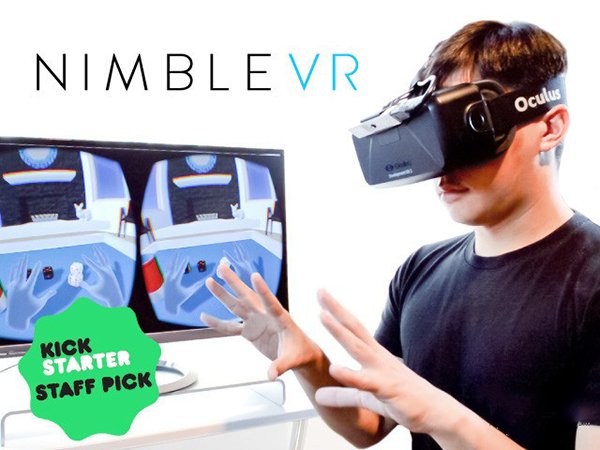
After Oculus was acquired by Facebook for 2 billion US dollars, they also spent a lot of manpower and material resources to develop gesture recognition technology and wanted to give Rift helmets the perfect input method. However, technical barriers to gesture recognition are very high, and there is no strong accumulation of technology. It is difficult for them to achieve real gesture recognition. So start to focus on doing gesture recognition technology startups. This is why Nimble launched Kickstarter less than 2 months ago and was acquired by Oculus in a widely recognized way by crowdfunders. Nimble's gesture recognition hardware is based on a depth camera with a large number of image processing algorithms. High-performance PC system. Nimble VR focuses on gesture control. They can let PC users throw away their mouse and use a 110° wide-angle camera to track and recognize the user's gestures. It also produced a device for gesture tracking that can be mounted on the top of the Oculus Rift device using a miniature 3D camera.
13th Lab
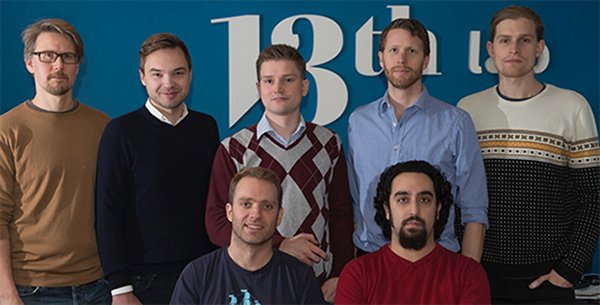
13th Lab is a computer vision/augmented reality company from Sweden. Although their main project is focused on creating 3D maps using image data, they are also engaged in image detection and augmented reality work. One of 13th Lab’s coolest tricks is to test a room and replace it with a 1:1 3D environment. They have turned this into a video game. It looks very suitable for virtual reality.
QuickFire Network
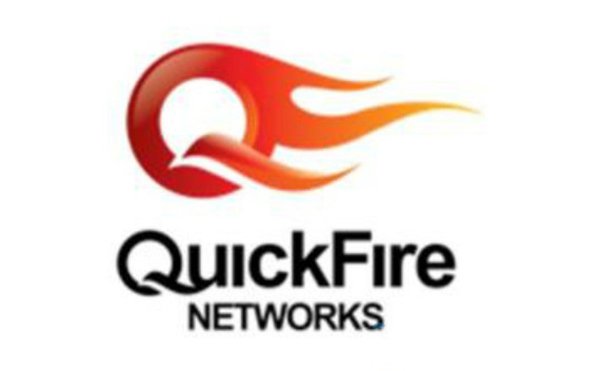
The purpose of Facebook's acquisition of the video technology startup QuickFire Network was very clear. It was to increase Facebook’s technical strength in responding to the increase in video consumption. Both parties did not disclose the specific amount of the transaction. In a statement, Facebook stated that video content is an important part of Facebook’s user experience and will continue to provide users with a high-quality video experience in the future. QuickFire said in a statement that it is difficult for current network infrastructure equipment to meet users' demand for large-scale video viewing without affecting video quality, which is exactly where QuickFire was founded. At the same time, QuickFire also pointed out that currently they have technologies that can reduce the bandwidth requirements for watching online video without sacrificing video quality. Over the past few years, QuickFire's team has been working hard to meet the demanding needs of video creators around the world, and its goal is to provide users with high-quality, real-time, low bandwidth video experience. Facebook is currently competing in the video advertising space with vendors such as YouTube and Twitter, so it is critical for Facebook to provide a better video experience for regular users, advertisers, and content creators.
Surreal Vision

In 2015 Oculus announced the acquisition of Surreal Vision, a computer vision team in the UK. The latter is known for the advanced nature of 3D scene reconstruction algorithms that are used to reproduce the real world in virtual reality and help immersive users and realities of virtual reality. The environment interacts, and it also offers the possibility of integrating technology and virtual reality in the future.
After this acquisition, Surreal Vision will give Oculus more advantages in the competition, whether faced with Magic Leap, Microsoft's HoloLens, or Valve's Vive. The technology of Vive is mainly aimed at synchronizing the movement of reality with the movement of the virtual world and eliminating the restrictions between the two.
Since the acquisition of Oculus, Facebook CEO Mark Zuckerberg has been optimistic about the potential of Oculus in VR. He believes that Oculus's technology has the potential to fit the mainstream in the real world, whether in games or other areas. This Oculus purchase of Surreal Vision may also be completed under the guidance of such a strategic layout.
The Eye Tribe
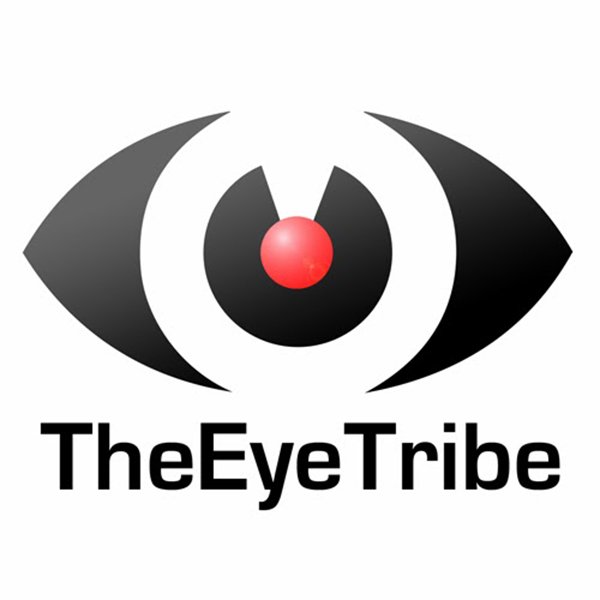
On December 29, 2016, Facebook announced the acquisition of The Eye Tribe, a Danish eye-tracking technology start-up company. It is reported that the technology will be used by Oculus to enhance the virtual reality experience. The Eye Tribe is a R&D-led start-up company that currently sells 10,000 eye tracking systems embedded in hardware devices. There is also a consumer product line, and this year it launched its semi-professional version of the Tracker Pro Developer Kit, which costs $199. The Eye Tribe's eye-tracking technology currently supports a series of VR heads, including Oculus Rift, HTC Vive and Gear VR. The eye-tracking technique only renders the full resolution in the center by determining the gaze point position of the user's eyeball, and renders the visual field periphery with a small portion of the resolution. Point-of-sight rendering techniques are considered "next-generation technologies" because they can reduce the overall graphics computing load of the computer.
FacioMetrics
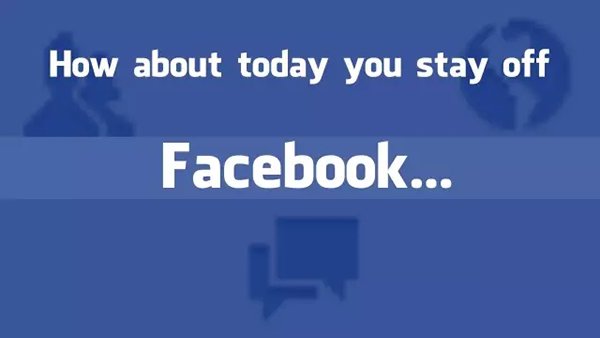
Founded in 2015, FacioMetrics was founded by a student at Carnegie Mellon University, which uses machine learning algorithms to enable smartphones to analyze human faces in real time. Facebook's ability to look at this company is also a fancy to its research on facial recognition. Fernando De La Torre of FacioMetrics stated that their research on face image analysis is to satisfy various needs including virtual reality and augmented reality. He said that he is making a great progress on joining Facebook and said that the next work will advance. It is substantial. Facebook and Snapchat have made many efforts to compete, including recruiting a large number of talents. This acquisition is also for competition, and this competition with Snapchat is very fierce.
Pebbles
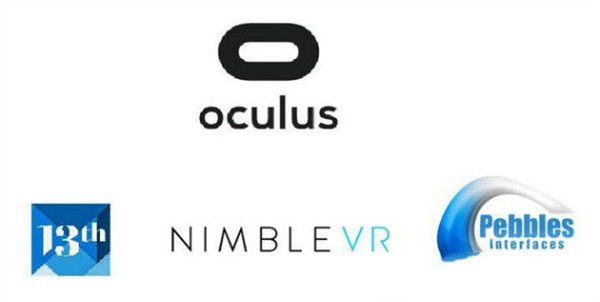
Pebbles is an Israeli gesture control company that was acquired by Facebook for $60 million. Recently it has integrated its technology into the virtual reality helmet developed by Facebook's Oculus VR, allowing users to interact with devices through gestures. Unlike competitors’ gesture recognition technology, Pebbles allows users to see their own arms and hands on their virtual reality screens. When using other gesture recognition technologies, users cannot see their own bodies or can only see general digital images. Pebbles' technology can reveal features such as clothing, scars, or objects held in the hand.
Facebook's cooperation on VR
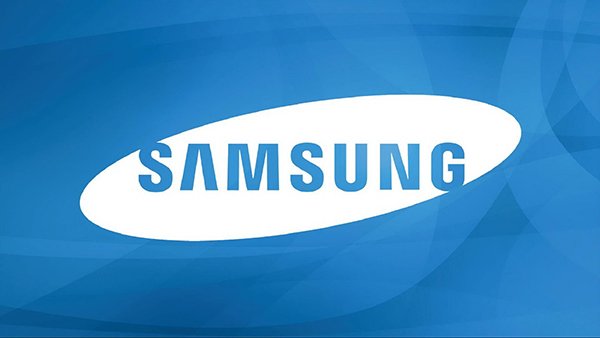
Facebook and Samsung held a joint conference. Zuckerberg stepped onto the stage to talk about the future of virtual reality technology. Of course he has been doing this and even turned himself into the most famous missionary of vr technology. VR is the next platform, anyone can create and experience anything they want. At present, it is mainly used for games. This is rapidly developing docker tutorials. This is why Facebook invests heavily in VR, so we can provide these new social experiences. This is why we cooperate with Samsung. Facebook-owned Oculus has brought communications and social networking capabilities to Gear VR helmets through the "Social Alpha" application. When a small group of viewers watch an online video on the virtual theater screen, they can chat with each other via "Social Alpha". Oculus also developed Toybox, a game for Rift that allows two people to play table tennis and other games together in a small room. Zuckerberg said that Facebook has committed “hundreds of our best engineers†to virtual reality and helped create a feeling that “you feel like being really with friendsâ€. Facebook and Samsung are teaming up to help download virtual reality videos on the Gear VR headset with dynamic streaming capabilities. Dynamic streaming media can download multiple resolution versions of video, and only the area the user is viewing has high-resolution content.
Facebook pushes VR to the mainstream
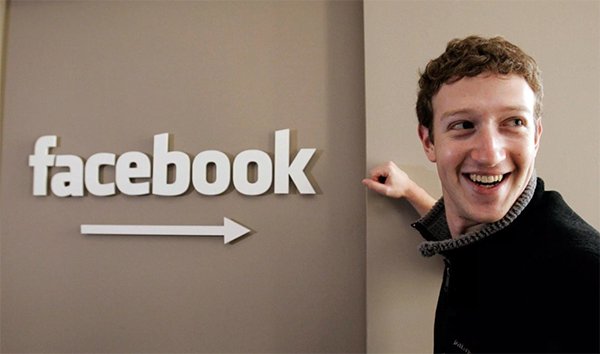
After Facebook acquired Oculus, part of the open source VR technology and source code. Of course, this free lunch is not suitable for all VR hardware vendors to enjoy. It has attracted many chasers to participate in Facebook's VR feast. It has given numerous small companies in Mainland China access to the vr industry. But with the upgrading of technology. Those small vendors who don't have free lunches will face no embarrassment to eat and have to leave. But Facebook did not stop. From the perspective of a series of acquisitions, those very good interactive technology companies that have already developed have already started working for Facebook. All this is to make VR technology mature in the social field as soon as possible. Because the entire VR industry is really hot. In a recent lawsuit, Facebook paid a 500 million fine. And anti-offspring announced that they will invest another 3 billion U.S. dollars in the VR industry. Facebook has announced that the board has forced Gong Zuckerberg signs, do not know whether the results will affect Facebook's plans to promote VR technology into the mainstream, we wait for good news.